Diabetes is a widespread issue in the United States, affecting over 37.3 million people and ranking as the eighth leading cause of death in 2021. Minority and low-income groups face higher risks, with NAFC patients particularly affected due to their un/underinsured status and minority background. With health care increasingly focusing on value-based care, addressing SDOH is crucial for achieving equity. The D.E.E.P. program was created as an alternative to the CDC program for culturally unique populations, as it is flexible to the patients’ needs and preferences. 
In this presentation, we will explore the significance of providing culturally competent care in addressing the multifaceted challenges of diabetes management and prevention, aiming to enhance health outcomes and reduce disparities across diverse communities. Low health literacy significantly impacts diabetes outcomes, especially in minority populations. Challenges in managing diabetes arise due to lower health literacy, leading to limited glycemic control and increased risks of complications like retinopathy and cerebrovascular disease. Racial and ethnic minorities, facing barriers related to socioeconomic status and access to healthcare, are disproportionately affected by diabetes, with low health literacy being prevalent among vulnerable groups. The goal of programs like this one is to effectively tackle these determinants, thereby reducing disparities and promoting equal health outcomes for all individuals, particularly those in disadvantaged communities.
